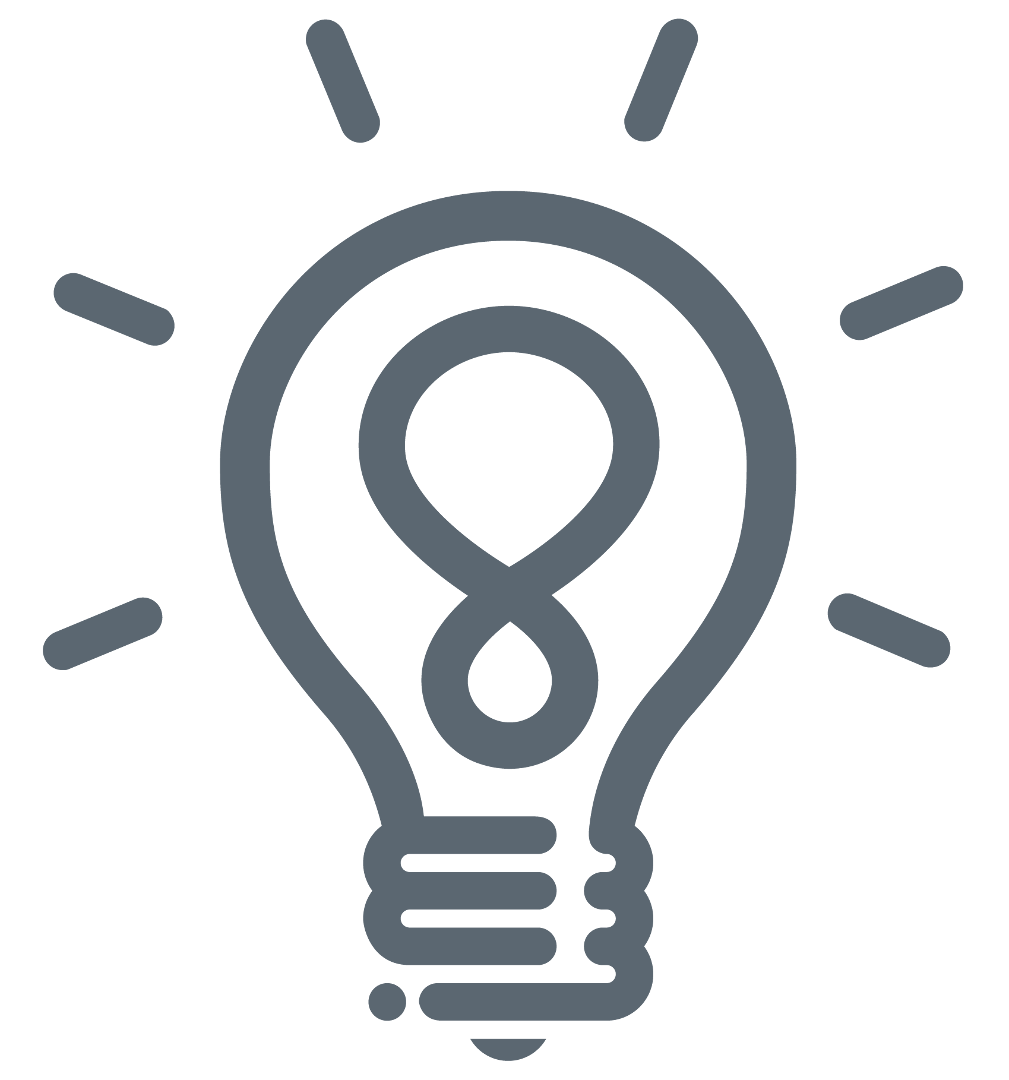
Study hard, and be effective with these study tips.
In order to be successful in college, everyone knows it’s important to prepare and study for your classes. However, studying can be tough. To help make your studying easier and more successful, try incorporating these study tips into your routine.
Study Tips – In Class:
For more successful studying, follow these tips while you’re in class:
Tip #1: SLANT
Sit in the front. Students who sit in the front of the classroom are more likely to get higher grades than those who hide in the back of the class. Sitting in the front forces you to focus on the lesson. It’s easy to get distracted by other students or to distract yourself with your cell phone when you know your professor can’t see you.
Lean forward. Sit up straight and lean slightly forward while in class. Not only does this signal to your professor that you are engaged and ready to learn, but it also keeps you awake in class.
Ask Questions. If you don’t understand something, ask! Chances are if you’re confused or lost during class, other students are too. Professors are usually more than happy to clarify or review concepts.
Nod. Roughly 90% of communication is nonverbal. Periodically nodding throughout class signals to your professor that you are grasping the lesson. You can also nod to signal to your professor that you don’t understand. Shaking your head no or shooting them a confused facial expression lets them know they might need to slow down and clarify the lesson.
Talk to your professor. Believe it or not, your professors are people too! They want to do what they can to help you succeed in their class. Forming some type of personal connection with your professor makes them more willing to make exceptions if something happens to come up.
Tip #2: Take Split-Page Notes
Obviously, it’s important to take notes during class. However, you don’t have to write down everything your professor says word for word. For increased effectiveness, take split-page notes. Draw a vertical line splitting your paper in half. On the left-hand side of the line, write down the key points and information from the lecture. On the right-hand side of the line, write down a personal connection or something that will help you remember the concept. Making these personal connections between what you learn in class and your personal life will result in an increased memory and understanding of the concept. Something else you can do to increase your memory is to train your brain. We’ll discuss what exactly you can do to train your brain later on.
Tip #3: Attend Class
Students who regularly attend class get higher test scores and are more likely to receive a passing grade (shocking, right?). Your professor provides valuable information to the lesson and can also explain challenging concepts more effectively than your textbook. It can be all too easy to hit that snooze button in the morning, or to decide your current show on Netflix is more exciting than going to class. In moments like these, it’s important to prioritize. Think to yourself, “If I go to class now, I can watch Netflix later.”
Study Tips – Outside of Class:
For more successful studying, follow these tips outside of class:
Tip #1: Live a Healthy Lifestyle
A simple, yet effective thing you can do to be successful in school is to live a healthy lifestyle: exercise, eat healthy, and get plenty of sleep. This requires no extra academic effort, yet can impact your studies drastically. Regularly exercising can help reduce stress, improve brain activity, and increase concentration. Exercise is also a fun and productive outlet when you need to take a study break. Eating healthy foods can also give your brain the power it needs to stay alert during study sessions. Sleep rejuvenates the body. It alleviates stress and allows the brain to process all the thoughts and pressures of the previous day. Getting a good night’s rest can allow your brain to better process and remember what you studied during the day.
Tip #2: Use Mental Tricks
Silly as it may sound, there are small mental tricks you can do while studying to help guarantee success. Throughout your study session, use the same writing utensil. Say to yourself “this pen/pencil only knows how to write correct answers.” Use this same writing utensil on your exam and say the phrase to yourself again. It sounds crazy, but it helps you stay confident as you take your exam. Stimulating multiple senses can help increase your memory as you study. Chew the same flavor of gum while studying and while you take your exam. Stimulating that extra taste sense is a simple way to give yourself an extra memory boost.
Tip #3: Exercise Your Brain
Keeping your brain sharp and agile is key to successful studying. Your brain works just like the muscles in your body. In order to function at its highest capacity, your brain needs the occasional workout. Exercising your brain improves mental processing much like physical exercise helps athletes improve their performance on the court or field. With consistent exercise and weight lifting, an athlete becomes physically stronger. Similarly, eyeQ helps exercise the brain, enhancing all mental activities. Regularly doing a simple, 7-minute, eyeQ session will keep you mentally fit, improve your brain’s processing skills, and also drastically increase your study effectiveness. Of all the study tips we have shared, exercising your brain will have the most dramatic impact on your grades.
“Where There’s a Will There’s an A” by Professor Claude Olney










